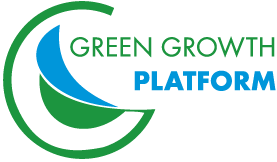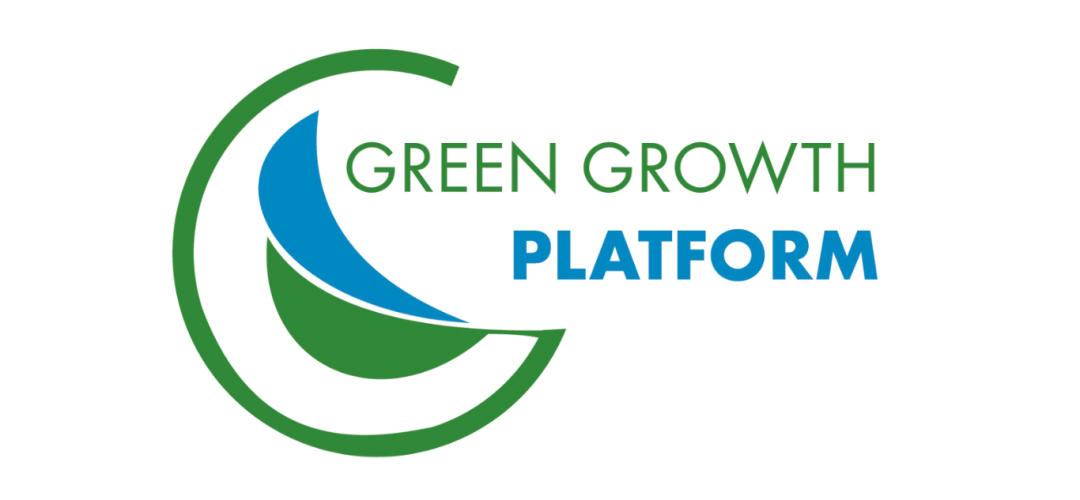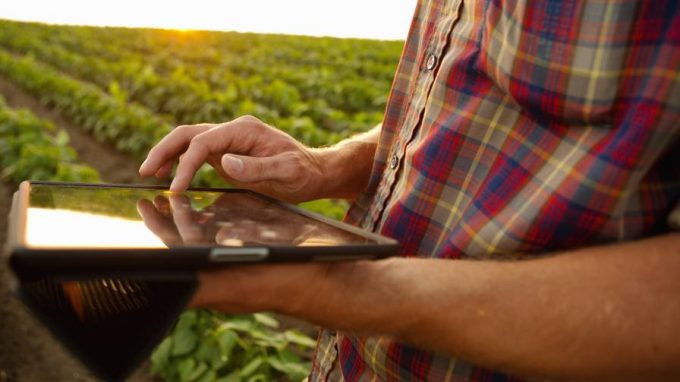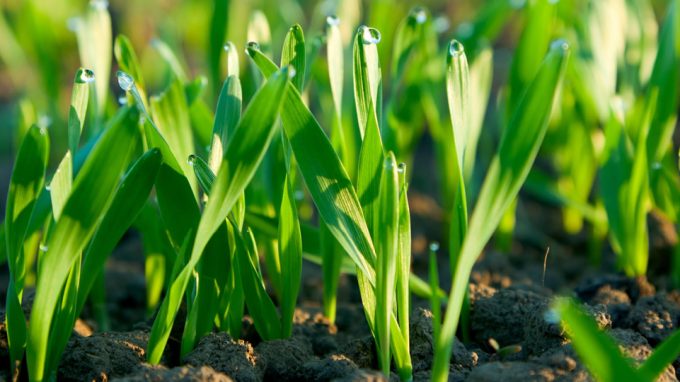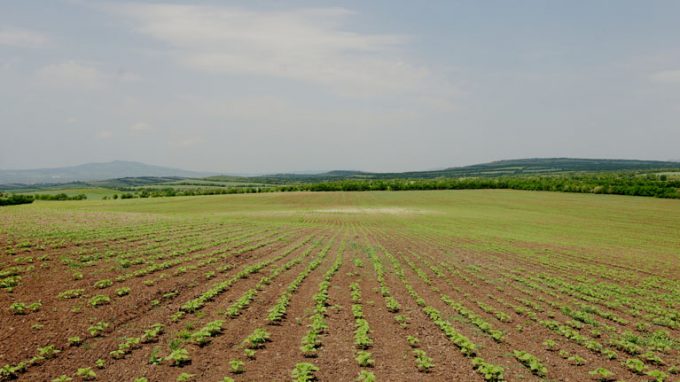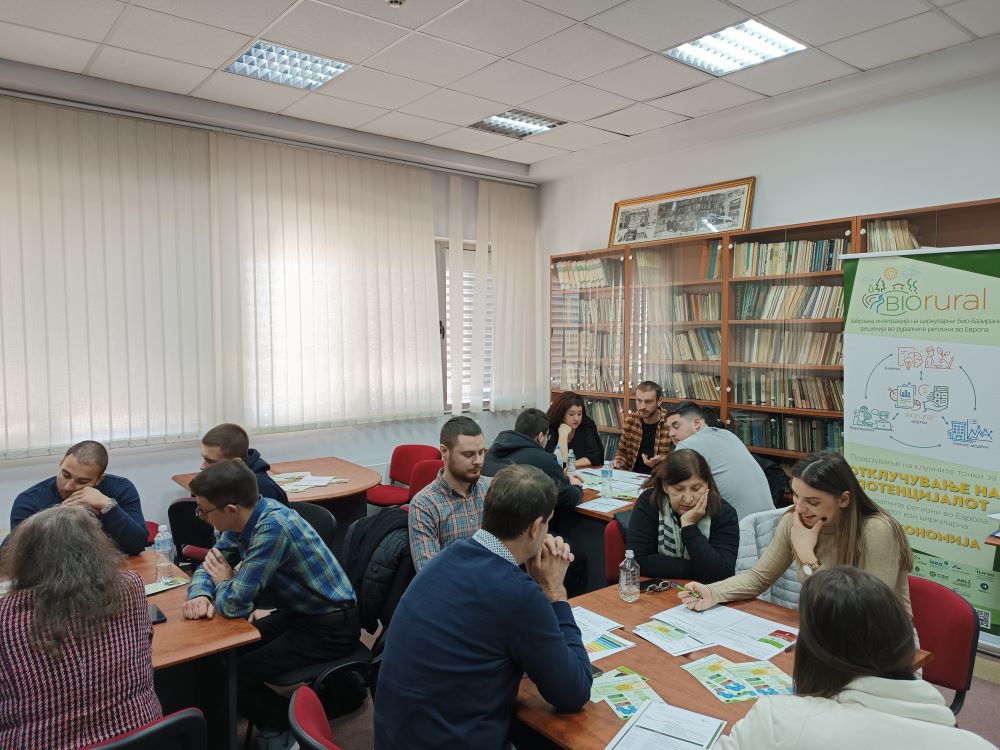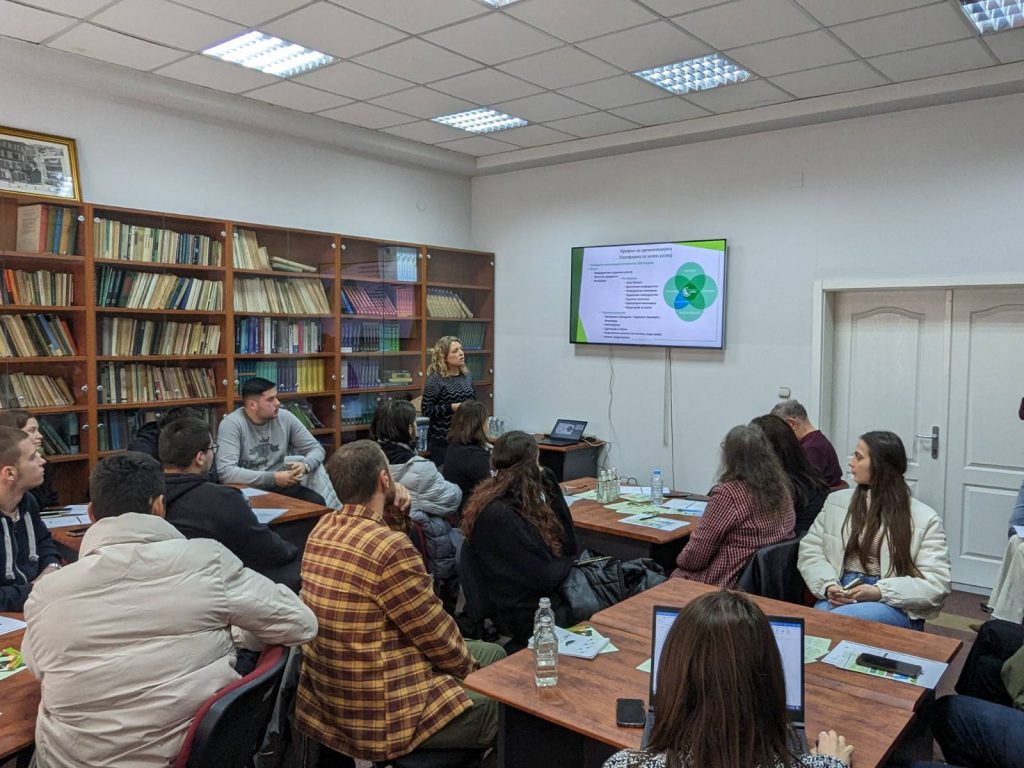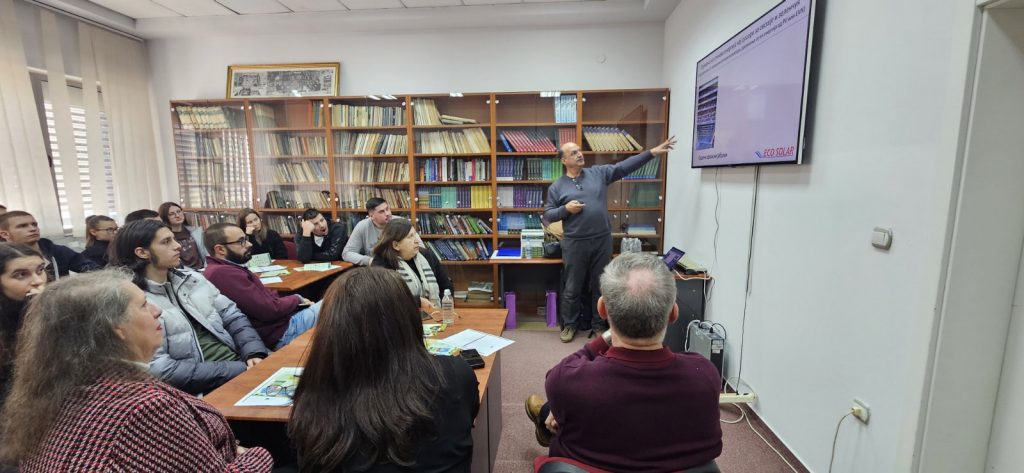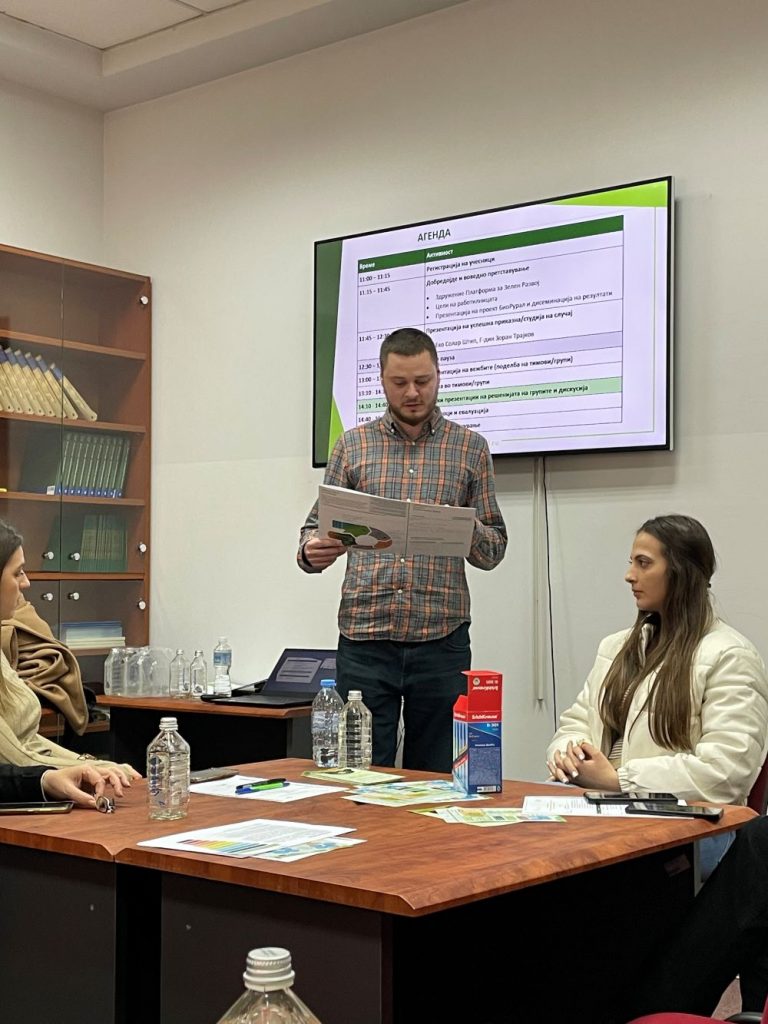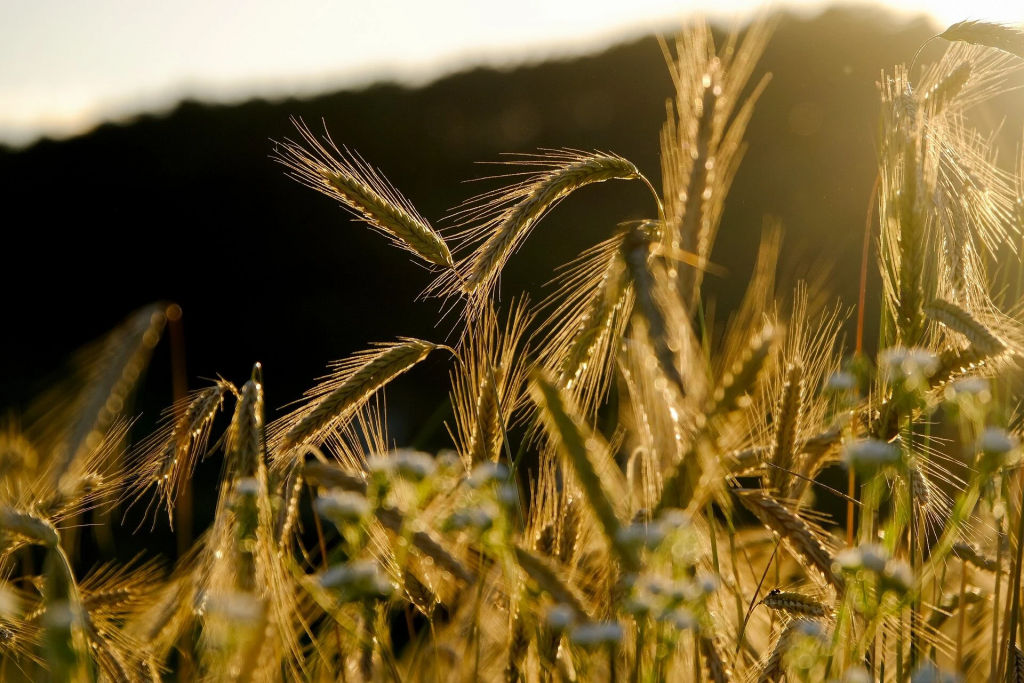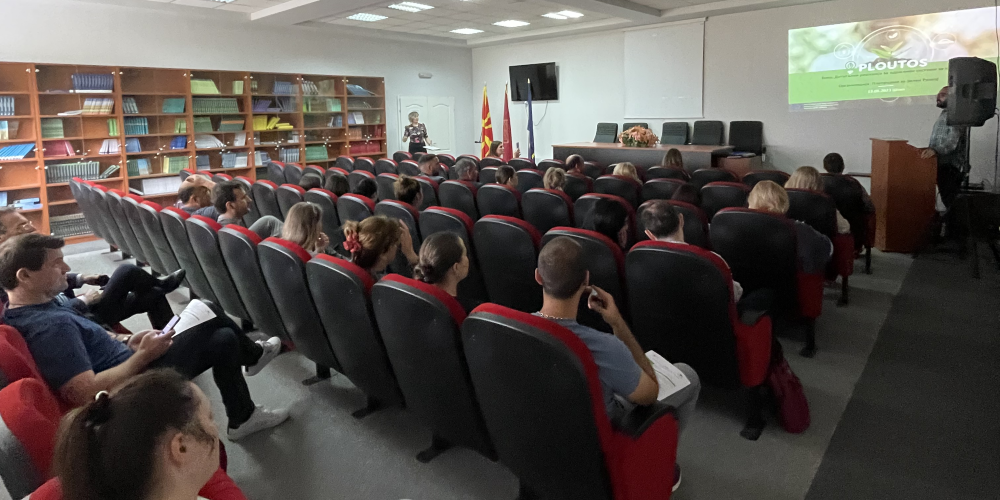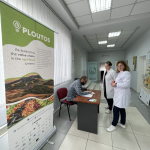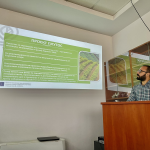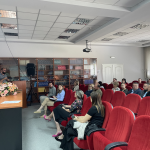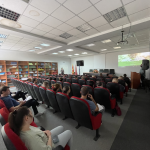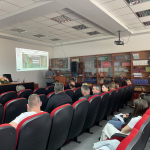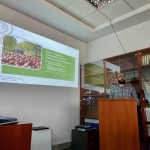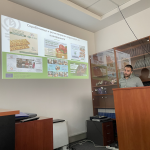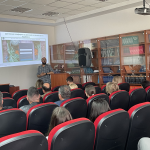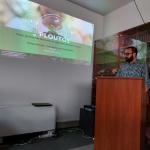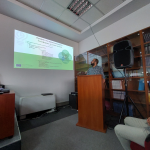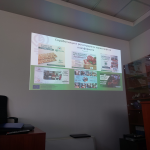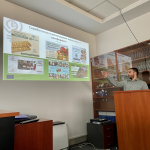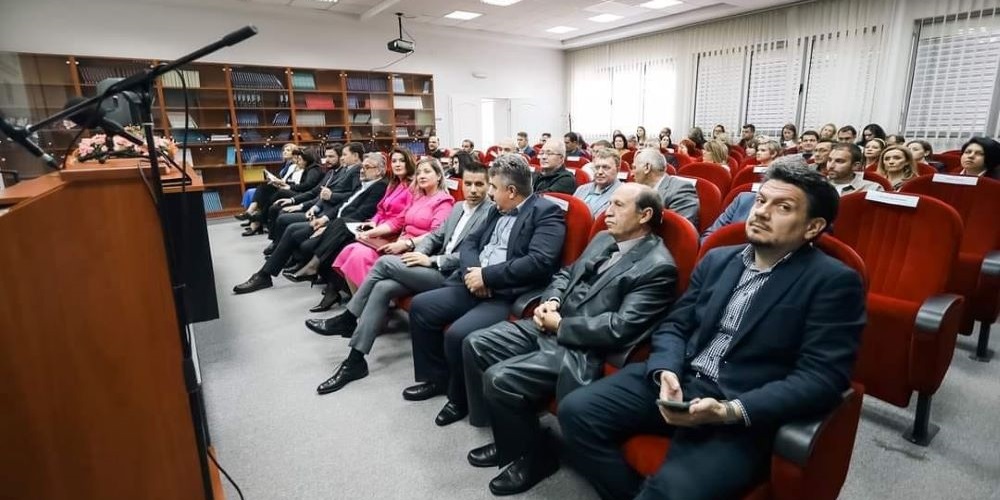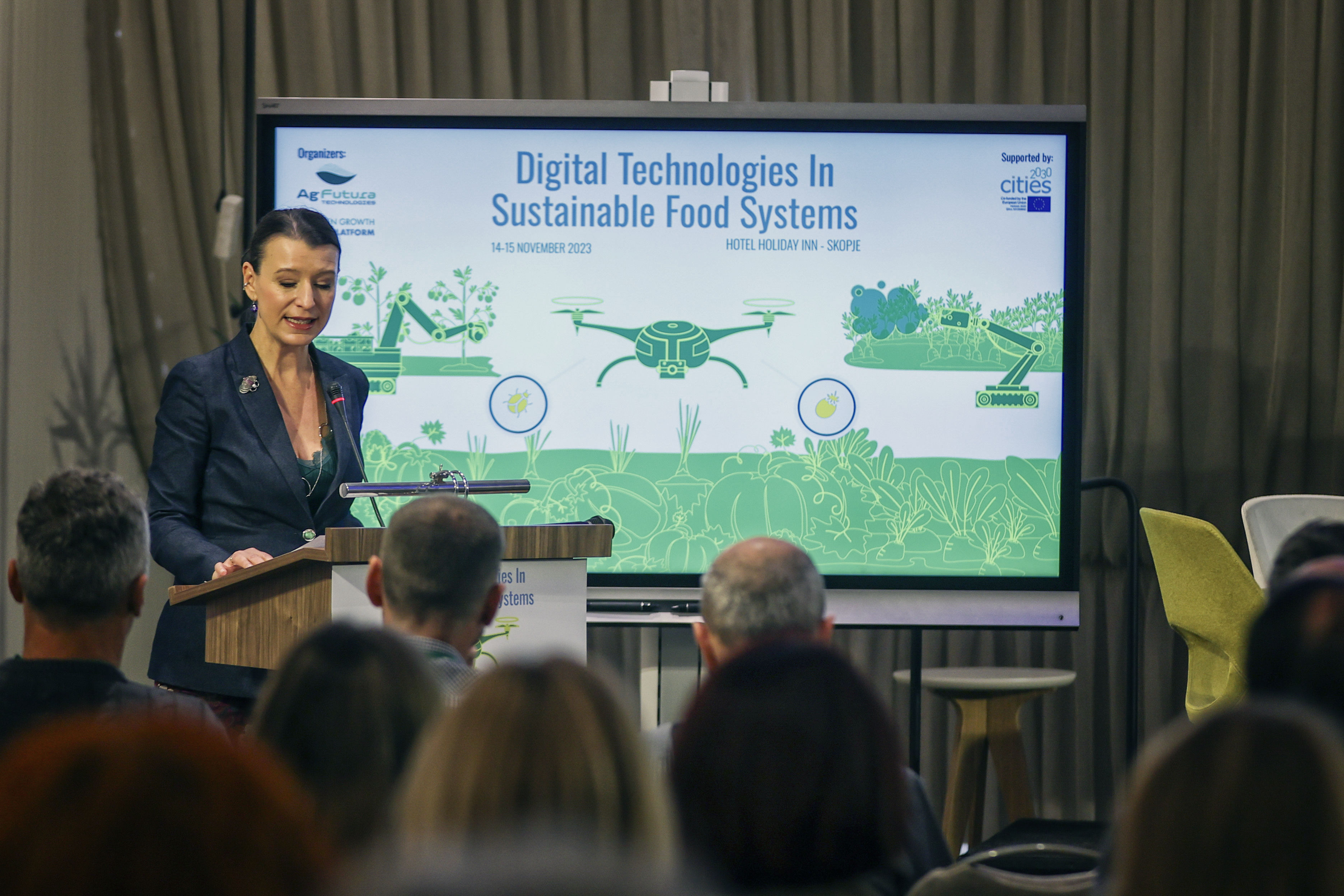
The Regional Food System Dialogue Event Digital Technologies in Sustainable Food Systems was held at Hotel Holiday Inn, Skopje, North Macedonia on the 14-15 November 2023. This event was organized by Green Growth Platform and AgFutura Technologies, supported by Cities2030 project and funded by EU Horizon 2020.
The objective of the event was to identify and understand how farmers, policymakers, academia, advisors and tech providers perceive the digital transition and its impact on sustainability in the food systems.
The discussions were organized in 2 round tables and multiple tech sessions.
The idea of the Round table 1: Readiness of the agri-food sector in the Balkan region to support technological (digital) transition for sustainability, was to understand the current state of the agro food sector and its capacity to comprehend, accept and implement new technologies that will contribute for compliance to the EU agriculture and improve the business results of the sector. In this round table different stakeholders’ representatives participated: government, tech providers, donors, research and academia. The main outcomes and findings of the discussion suggest that it is very important to understand the real situation in the eco system of the agro food sector in order to develop a reform or a measure to be successful. The solution for technological transition needs to be consistent to the real needs and the technological readiness of those that drive the sector and those that create the enabling environment for the sector.
The idea of the Round table 2: Transforming the Agri-Food Systems – EU vs Balkan (Multi stakeholder perception and approach) was to present the state and the perception of key stakeholders on the operational level of the agro food system. The main representatives from farmers, academia, tech providers, and policy makers as key operational actors in the digital transition participated in the discussion. Through the experience of progressive farmers that use digital technologies in agriculture combined with examples in regional countries such as Slovenia and Croatia, an insight of the level of awareness and the perceptions for the opportunities and challenges of those that are directly involved in the agro food system was generated. The gap between the actual users of modern technologies in agriculture and those that support this process has been definitely present since the transition in the region. Understanding those that implement or support implementation of modern technologies in agriculture, their specific socio economic and behavioral needs is essential for success in digital transition.
This slideshow requires JavaScript.
This slideshow requires JavaScript.
This slideshow requires JavaScript.
This slideshow requires JavaScript.
The specific tech sessions were dedicated to Digital technologies for achieving sustainability principles. Relevant experts from Switzerland, England, Hungary, Greece, Serbia and North Macedonia presented their technological solutions. Digital technologies play a crucial role in achieving sustainability principles by enabling organizations and individuals to monitor, manage, and mitigate their environmental impact, increase resource efficiency, and make informed decisions. Through the implementation of monitoring (remote sensing technologies), decision support (variable-rate technologies (VRT), yield monitoring, DSS, GPS tractor navigation, cloud computing), and communication technologies it’s possible to achieve the cross-cutting agricultural sustainability principles: biomass production; climate change mitigation and adaptation; biodiversity conservation; soil protection and human health.
Additionally, exhibition and synergy was organized for presentation of specific technology, equipment, innovations and EU projects. It was an excellent opportunity for networking, exchange of knowledge and experiences for all interested parties.
